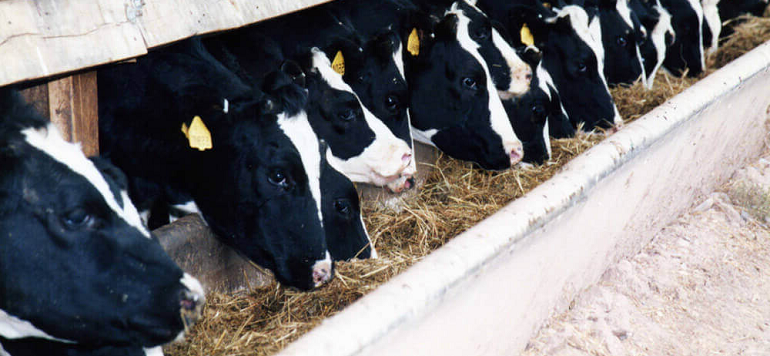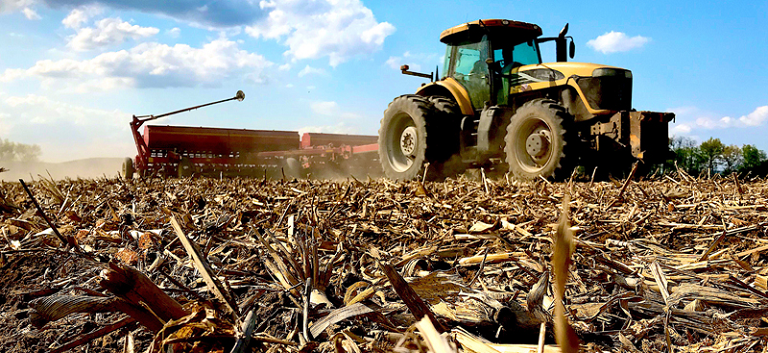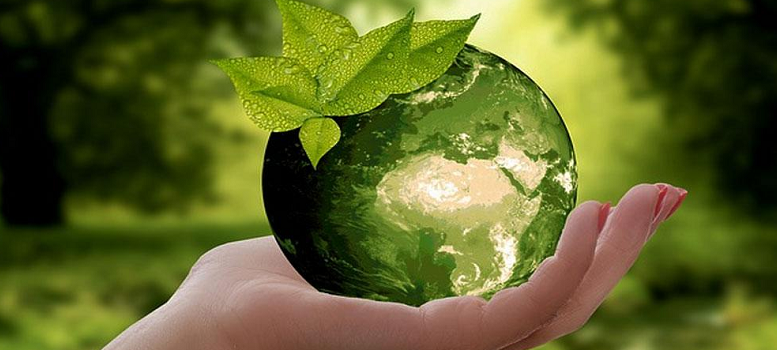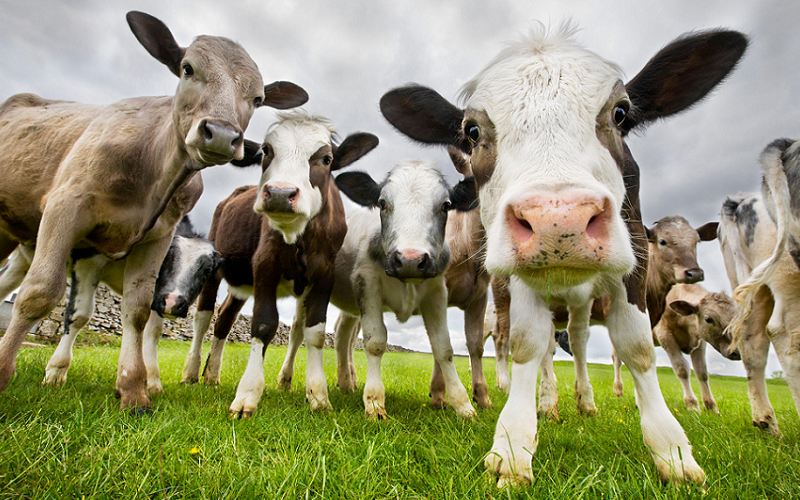Veganism is a way of life that involves avoiding the use of all animal products and items produced through animal exploitation. It is characterized by a diet that consists solely of plant-based foods and the avoidance of all animal-derived materials, products tested on animals, and entertainment that uses animals.
Many individuals adopt veganism due to their concern for animal welfare, however, as the younger generation gravitates towards a plant-based lifestyle, more are reporting that their primary motivation is environmental. This is well-founded as research indicates that a significant portion, over half, of greenhouse gas emissions from food production stem from animal products. Thus, can it be considered that veganism is the most eco-friendly way of living?
Environmental Impact of Animal Agriculture
Animal agriculture, commonly referred to as livestock farming, has a substantial environmental impact. This industry is a major contributor to greenhouse gas emissions, particularly methane and carbon dioxide, and deforestation through clearing land for grazing or feed crop production, particularly in South America.
The waste and fertilizer runoff from feed crops associated with animal agriculture can contaminate water sources and lead to water pollution. The destruction of natural habitats for livestock production can result in the loss of biodiversity. Intensive farming practices can also cause soil degradation, erosion, and desertification, and require vast amounts of resources such as land, water, and energy, leading to resource depletion.
These environmental impacts of animal agriculture should be taken into consideration when evaluating the sustainability of our food choices.

Environmental Impact of Plant Agriculture
Plant agriculture, also known as crop farming, can have a significant environmental impact. The use of fossil fuels in farming operations, such as tractors and irrigation systems, can contribute to greenhouse gas emissions. Intensive farming practices can result in soil degradation, erosion, and depletion of soil fertility.
The use of fertilizers and pesticides in crop farming can lead to water pollution, and clearing land for crop production can result in the loss of biodiversity and the destruction of natural habitats. The use of pesticides can also have negative impacts on non-target species and pollinator populations.
Crop farming also requires large amounts of water and energy, which can lead to resource depletion and worsen water scarcity in areas that are already facing these issues. However, environmentally friendly practices, such as regenerative agriculture, can help reduce these impacts and improve the sustainability of crop production.

The Environmentally Positive Aspect of Veganism
A vegan lifestyle can have positive environmental impacts. By avoiding animal products, a vegan diet requires fewer resources to produce and generates lower greenhouse gas emissions than a diet that includes animal products. Additionally, a vegan diet often relies more on plant-based foods, which can be grown with fewer inputs, such as pesticides and fertilizers, and can reduce the strain on water resources compared to animal agriculture.
Moreover, veganism can also extend to other areas of life, such as avoiding animal-based clothing and beauty products, which can reduce the demand for these items and the associated environmental impacts of their production. By choosing a vegan lifestyle, individuals can help reduce the environmental impact of their daily choices and contribute to a more sustainable future.
In summary the positive environmental aspects of a vegan lifestyle include:
- Lower greenhouse gas emissions: A vegan diet requires fewer resources and generates lower greenhouse gas emissions compared to a diet that includes animal products.
- Reduced resource use: A vegan diet often relies more on plant-based foods, which can be grown with fewer inputs, such as pesticides and fertilizers, and can reduce the strain on water resources.
- Reduced demand for animal-based products: By avoiding animal products, a vegan lifestyle reduces the demand for these items, which can have a positive impact on the environment.
- Lower environmental impact of food production: By choosing a plant-based diet, individuals can help reduce the environmental impact of food production.
- Avoidance of animal testing: By avoiding animal-based beauty and personal care products, individuals can reduce the demand for these items and the associated environmental impact of animal testing.
- Contribution to a more sustainable future: By choosing a vegan lifestyle, individuals can contribute to a more sustainable future by reducing the environmental impact of their daily choices.

Does It Make Sense for Everyone to Go Vegan for the Environment?
The decision to go vegan is a personal one and depends on individual values and circumstances. However, research has shown that reducing or eliminating animal products from your diet can have a positive impact on the environment. A vegan diet requires fewer resources and generates lower greenhouse gas emissions compared to a diet that includes animal products. Additionally, a vegan diet often relies more on plant-based foods, which can be grown with fewer inputs, such as pesticides and fertilizers, and can reduce the strain on water resources.
It’s also worth noting that individual actions, such as choosing a vegan lifestyle, are just one piece of the puzzle when it comes to addressing environmental issues. Structural changes, such as changes in food production systems, will also be necessary to achieve a more sustainable future.
So, whether or not everyone should go vegan for the environment is a matter of debate. But, reducing or eliminating animal products from your diet can be an effective way to reduce your personal environmental impact, and is a step in the right direction towards a more sustainable future.
Making Veganism Work For You
Adopting a vegan lifestyle can be a rewarding and fulfilling choice, but it can also present some challenges. To ensure a successful and sustainable transition to a vegan diet, it’s important to understand how to make veganism work for you personally. The following points outline various strategies and tips for creating a balanced and nutritious vegan diet, finding support, and overcoming common obstacles.
- Plan your meals: Plan ahead and make sure you have a variety of plant-based foods on hand. This can help you avoid relying on processed vegan foods and ensure that you are getting all of the nutrients you need.
- Get creative with recipes: Try new recipes and experiment with different ingredients to find dishes that you enjoy. There are many vegan cookbooks and resources available that can help you get started.
- Find substitutes for animal products: Experiment with plant-based alternatives to animal products, such as tofu, tempeh, and nut-based milks, to find what works best for you.
- Make sure you are getting enough nutrients: It is important to pay attention to your nutrient intake, especially if you are new to a vegan diet. Make sure you are getting enough protein, iron, calcium, vitamin B12, and omega-3 fatty acids.
- Eat a variety of foods: Eating a variety of plant-based foods will help you get all of the nutrients you need.
- Educate yourself: Learn about the health and environmental benefits of a vegan lifestyle, and familiarize yourself with the ethical issues surrounding animal agriculture.
- Connect with other vegans: Connecting with other vegans can be a great way to get support and find inspiration for new recipes and meal ideas.
- Be flexible: Veganism is a journey, and it’s okay to make mistakes or have slip-ups along the way. Just keep in mind why you chose this lifestyle and continue to work towards your goals.

